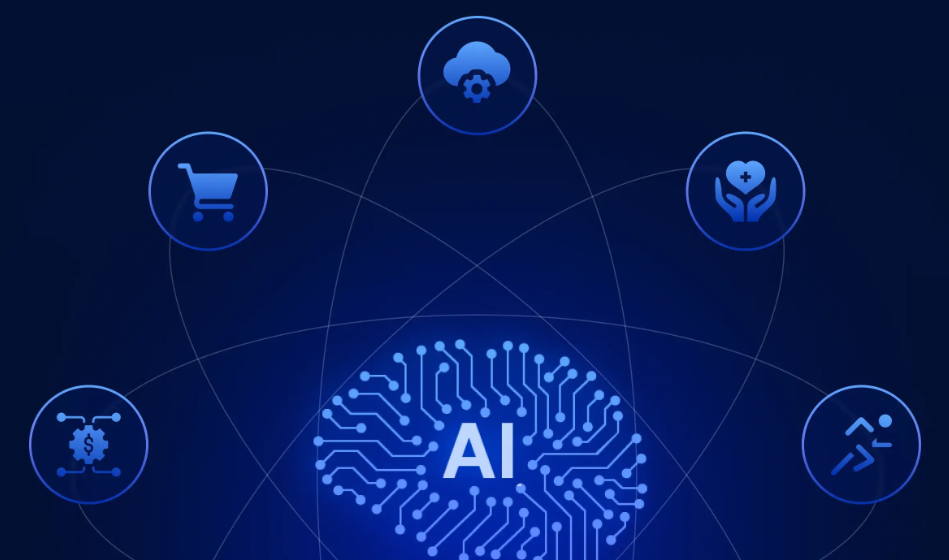Artificial Intelligence (AI) is revolutionizing the financial industry, shaping the way institutions analyze data, interact with customers, and make strategic decisions. Understanding how AI works in finance is essential for businesses, investors, and consumers alike as the industry continues to adopt this powerful technology.
What is AI in Finance?
AI in finance refers to the use of machine learning algorithms, data analytics, natural language processing (NLP), and automation tools to improve financial processes.
These tools enable systems to learn from data, identify trends, and make predictions or decisions with minimal human intervention.
How AI is Used in Finance
- Credit Scoring and Loan Approvals
AI evaluates a borrower’s risk by analyzing not just credit history, but also alternative data such as employment records, digital behavior, and spending patterns.
This results in faster and more accurate credit decisions. - Fraud Detection
AI-powered systems monitor transactions in real time to flag suspicious activities.
They recognize patterns that deviate from a user’s typical behavior and help prevent fraud before it occurs. - Algorithmic Trading
AI uses historical data, market signals, and news analysis to automate trades.
It enables faster, data-driven trading strategies that react to market changes instantly. - Customer Service and Chatbots
AI chatbots assist customers 24/7 by answering common questions, updating account information, and offering financial advice.
This improves user experience and reduces support costs. - Financial Forecasting
AI tools analyze market trends, economic indicators, and company performance to predict future outcomes.
These insights support better investment and budgeting decisions.
Benefits of Using AI in Finance
- Increases efficiency through automation
- Reduces errors and improves accuracy
- Enhances fraud prevention
- Provides personalized financial services
- Improves compliance and regulatory reporting
Challenges to Keep in Mind
- Data privacy concerns
- Risk of algorithmic bias
- High implementation costs for small institutions
- Need for transparency and explainability
Conclusion
Understanding AI in finance is more than just knowing the technology—it’s about recognizing its impact on every aspect of financial services. As AI continues to evolve, its role in creating smarter, more responsive, and inclusive financial systems will only grow.







Leave feedback about this